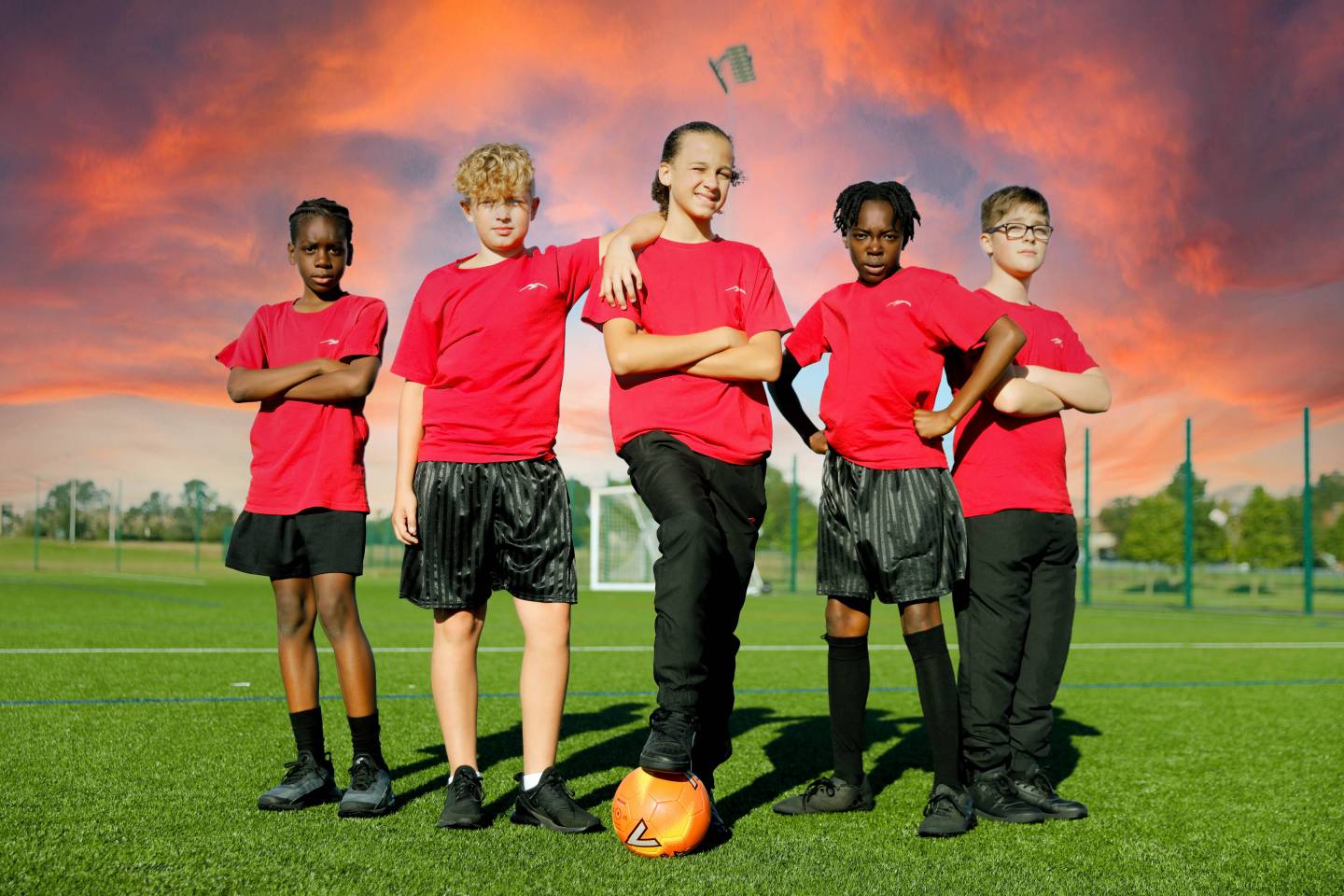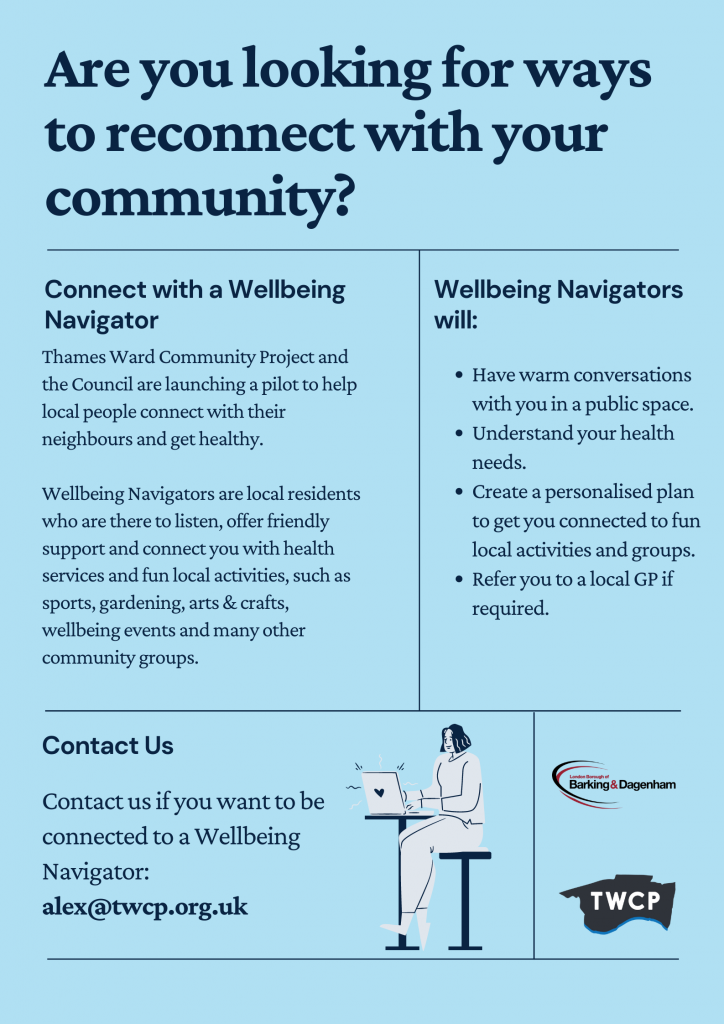Supporting a child with anger issues
Despite our best efforts to remain calm we all experience anger at some point in our lives. It is a natural human emotion and one that we have to learn to control as we get older, for some, this comes easily and for others it is more challenging. For our teens, anger is a very common emotion.
When we look at the developing teenage brain it is going through two changes that may cause anger to increase. Firstly, the brain is rapidly building new connections, building on those that existed already and strengthening those skills that the teen wants to pursue. Anger can arise from this feeling because the brain is changing so quickly that your teen can feel very conflicted. At this time their brain is learning how to deal with conflict, to make decisions and to empathise and experiencing all these together can be confusing. Secondly, there are hormonal changes during puberty that can make managing usual everyday tasks unbearable for your teen. Let’s consider some good and not so good ways of dealing with anger with your teen.
Scenario
Jaspreet has been asked to clean her bedroom but at the moment she is doing her homework and is worried about a relationship with her friend. Being asked to clean her room was one step too far for Jaspreet today and she became very cross and shouted at her dad ‘No, I am not cleaning my room!’.
Option A – Fighting fire with fire
You could respond by shouting at your teen and telling them that you know best and that they must do as they are told. Chances are, they might flip their lid even more and it will take even longer for them to calm down and to adhere to your request.
Option B – Fight fire with choice
Alternatively, you could give your teen the option to spend some time calming down and ask them to come back to you when they feel calm to discuss this issue. Usually, they will reflect and rationalise the situation for themselves and then come and see you to work things out. If they don’t then you should return and ask them to talk, remain calm as your calm will help them feel calm.
It is important to remember that their teenage brain does not develop full reasoning until 25 years old, they’ll need some guidance and managing their anger too. This video can help you to understand this – Click here.
Most importantly, when dealing with anger it is good to emotionally coach your teen, let them know the things that make you angry, how do you feel, how does your body respond and what helps you. By doing this they will be more likely to learn how to manage their anger better in the future.
Who should you turn to for more help?
- Triple P is a support programme based in Barking and Dagenham, they offer a free course to help with managing anger and behavioural problems at home.
- Young Minds have some useful tips on dealing with anger in young people.
- Very Well Family have 7 useful and practical tips on dealing with anger at home.
- NHS England has a useful page on this topic with links to further help.




